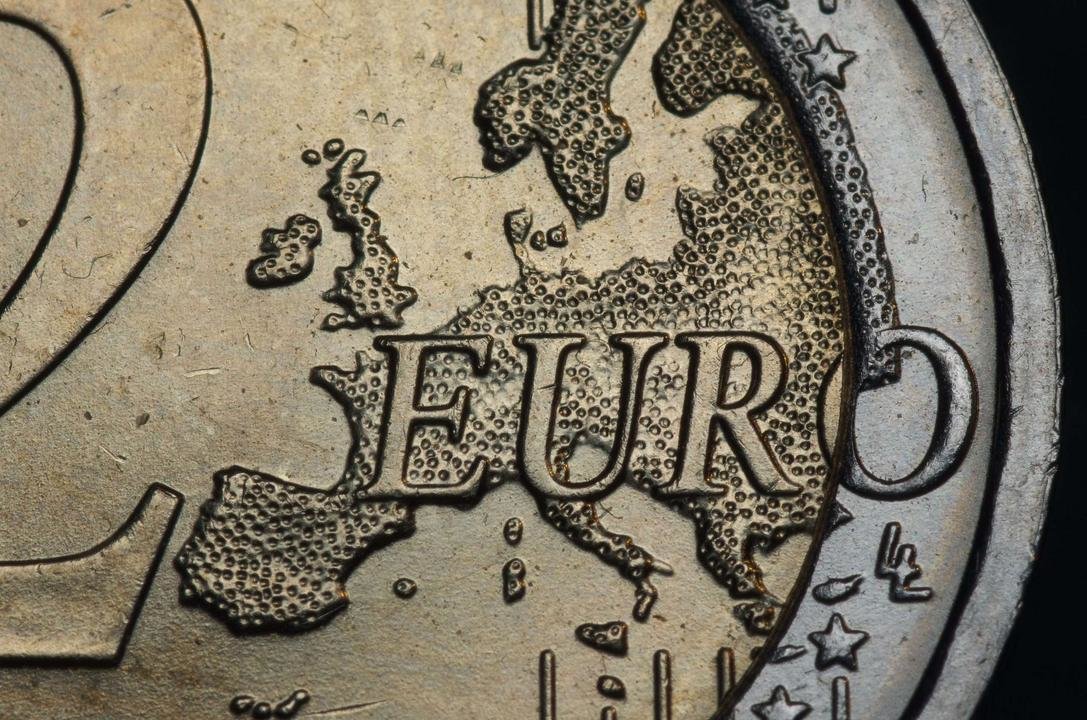Las deudas se pagan, por Carlos Rodríguez Braun

Dice un viejo refrán español: “no hay plazo que no se cumpla, ni deuda que no se pague”. Esto último no resulta evidente, porque hay deudas que no son pagadas: pensemos en las quiebras privadas, o en los impagos o reestructuraciones de la deuda pública.
Sin embargo, con una perspectiva más amplia podemos defender la veracidad del refrán, porque las deudas terminan pagándose, de formas no siempre evidentes. Por ejemplo, las quiebras pueden tener costes en términos de prestigio, o de dificultades futuras de financiación.
¿Y las deudas públicas? La historia registra ejemplos de repudio o reestructuración forzosa de créditos de los Estados. Uno reciente afectó a mi Argentina natal en 2001. Pero ese impago llevó a que la economía del país cayera un 12 por ciento al año siguiente. Las deudas públicas, en efecto, de alguna u otra forma se pagan.
En la actualidad vivimos un momento delicado, porque España y otros países desarrollados han incrementado su endeudamiento público hasta niveles que prácticamente duplican el supuesto “límite” de Maastricht del 60 por ciento del PIB. Y eso si solo consideramos la deuda explícita, porque si incluimos la deuda implícita en la Seguridad Social, por el déficit en las pensiones públicas, la cifra sería mucho mayor.
La situación no resultó visible antes porque la política expansiva de los bancos centrales, que reprimieron artificialmente los tipos de interés y adquirieron un volumen considerable de bonos de los Estados, ocultó el coste de la deuda, y animó a los gobernantes manirrotos como Pedro Sánchez a gastar sin freno a cuenta del endeudamiento.
La situación, empero, ha cambiado y los tipos de interés han empezado a subir, llegando a niveles que no veíamos desde hace cuarenta años. ¿Qué harán los Gobiernos? Como siempre, forzarán a sus súbditos a financiar su endeudamiento, con más impuestos explícitos y también implícitos, como la inflación.
A menudo se habla de la deuda pública como algo que los políticos de hoy fuerzan a pagar a las generaciones del futuro. Es verdad. Pero también nos obligan a pagarla a la generación actual.
Debts are paid
Carlos Rodríguez Braun
An old Spanish saying goes: “No deadline is unmet, no debt is unpaid”. The latter isn’t clear, because there are debts that are not paid: think about the private bankruptcies, or the non-payments or restructuring of public debt.
However, with a broader perspective, we can defend the truth of the saying, because debts end up being paid, in ways that aren’t always clear. For example, bankruptcies can have costs in terms of prestige, or future financing difficulties.
And public debts? History has recorded examples of rejection or forced restructuring of State credit. A recent one affected my native Argentina in 2001. However, that non-payment led to the economy in the country dropping by 12 percent in the following year. Indeed, public debts are paid in one way or another.
At present, we are going through a delicate time, because Spain and other developed countries have increased their public debt to levels that have practically doubled the supposed “limit” of Maastricht of 60 percent of GDP. And that is only if we consider the explicit debt, because if include the debt implicit in Social Security, due to the deficit in public pensions, the figure would be much higher.
The situation wasn’t clear before because the expansive policy of central banks, which artificially repressed interest rates and acquired a considerable number of State bonds, hid the cost of the debt, and encouraged lavish leaders such as Pedro Sánchez to spend non-stop at the expense of indebtedness.
However, the situation has changed and interest rates have begun to rise, reaching levels that we haven’t seen for forty years. What will Governments do? As always, they will force citizens to fund their debt, with more explicit taxes and implicit taxes, such as inflation.
There is often talk of public debt as something that the politicians of today force the generations of the future to pay. It is true. But they also force the present generation to pay it.


